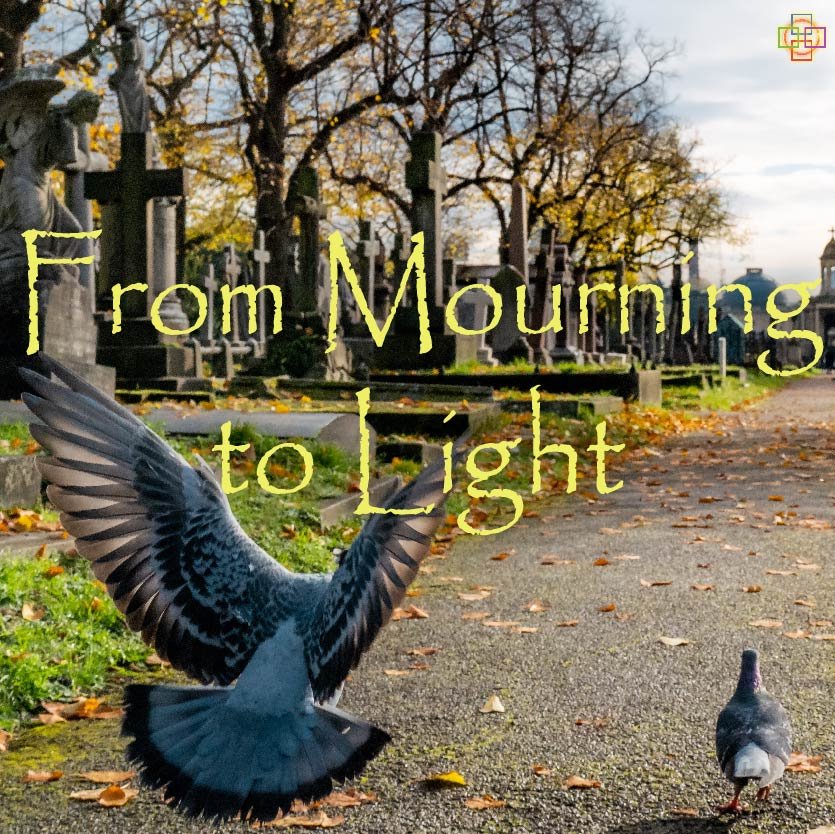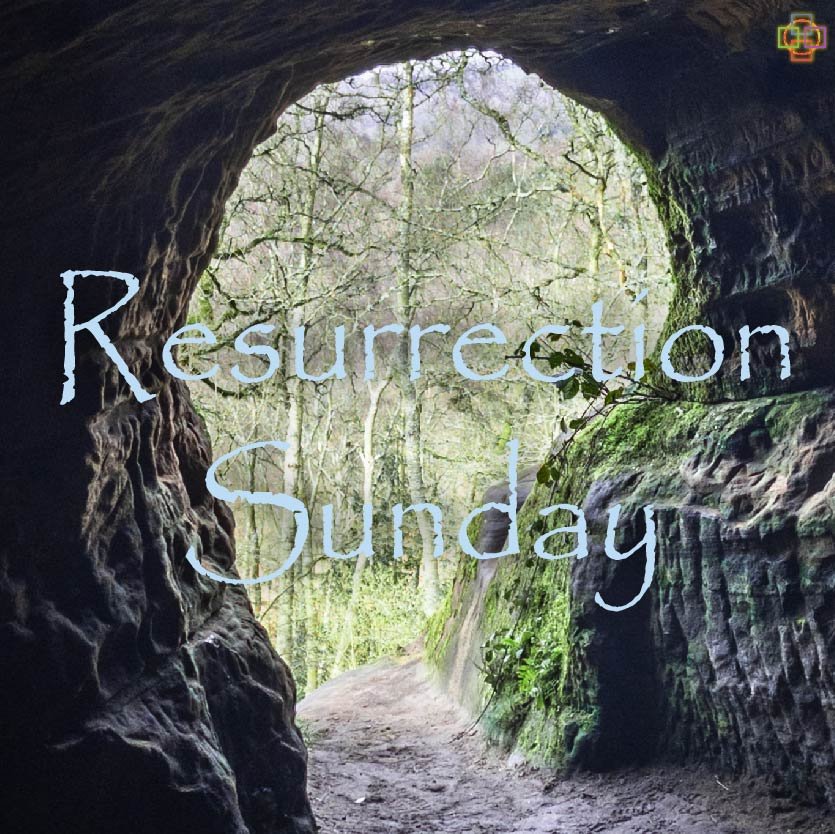
Read Our Written Sermons
grounded in a mystical, interfaith-Christianity inspired by Emanuel Swedenborg

From Mourning to Light
The Lord (known by many names throughout many traditions) has blessed us in amazing ways, and yet, we often can’t seem to escape our troubles, the issues confronting our lives. In a way, our troubles can be an opportunity and a type of blessing, as Jesus said, “Blessed are the poor in spirit, for theirs is the kingdom of heaven. Blessed are those who mourn, for they will be comforted.” But how can we come to see it that way? We each will have our own interpretation of this, but my tact is to see that the problems that keep us in a sense of anxiety and discomfort can call on us to transcend. Yes, to sometimes transcend the problem by helping to resolve it, but especially by allowing the thoughts that hound us to remind us of the greater space of peace within. The toughness of a situation can help remind us in our mourning or desperation of the spaciousness of what we are, the light of God that Christ describes us as. Sometimes it’s only through grief and our mourning that we find that the peace of heaven within is beckoning us toward a greater acceptance of the Prince of Peace, the God known throughout cultures at the heart of our experience.

Resurrection Sunday
Easter is quite the celebratory and important time for those who celebrate it, yet some say that certain aspects of the Easter holiday were stolen from “pagans,” but what is paganism and what does it mean to steal a holiday? Traditions have borrowed from each other since time immemorial, and humans tend to celebrate at certain times of the year – often for good reason! Perhaps, the historically Christian-used pejorative “pagan” is behind these oft-repeated assertions – people are pointing out that Christianity is connected to and shares roots in the past, pre-Christ, in both Judaism and other traditions and practices, even though Christianity has often tried to distance itself from them. However, funny enough, Easter may be one of the least “holiday-borrowing” of Christian traditions, as even the use of the bunny and the egg can be traced back to specific Christian groups in the centuries after Christ’s death coming up with their own relatively unique ways to celebrate a holiday that was originally celebrated at the time of the Jewish Passover by Christianity’s earliest followers, who identified as Jews. Many Easter practices share a common thread, however, which is their shared symbolism of rebirth, renewal, and resurrection – something that Christianity further shares with many other traditions’ symbolic practices, highlighting the importance of spiritual renewal and our rebirth in the God at the core of our being across cultures and ages.

The Yoga of the Resurrected Christ Empowers Healing & Diversity
"Yoga" means union and is a way of life encouraged by many traditions. As the incarnate God(dess) who transcends any one religion, the Resurrected Christ in Mark 16 emphasizes this union by pointing to how we should move beyond differences in how we find God, as well as beyond our old unhealthy habits, instead finding healing and community renewal in diversity from God-consciousness and love.
